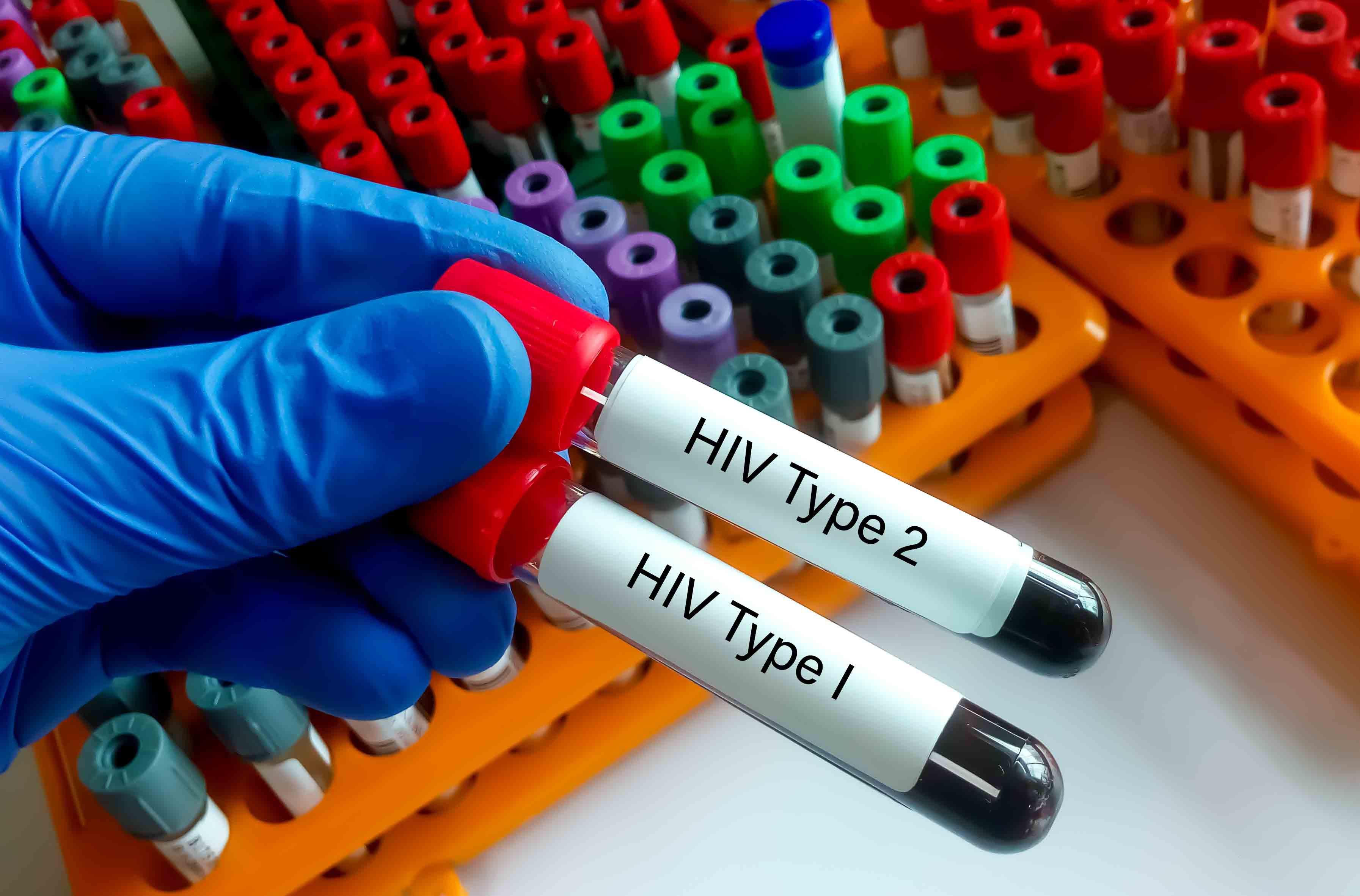ZenDXB
25-05-2022
What are the symptoms of HIV

Human immunodeficiency virus (HIV) is a virus that attacks the body’s immune system and can lead to acquired immunodeficiency syndrome (AIDS), a life-threatening condition. There are two types of HIV: HIV-1 and HIV-2.
HIV-1 is the most common and most severe form of HIV. It is responsible for the vast majority of HIV infections worldwide. HIV-1 is highly infectious and can be transmitted through sexual contact, sharing needles, and from mother to child during pregnancy, childbirth, or breastfeeding.
HIV-2 is less common and less infectious than HIV-1. It is primarily found in West Africa, where it was first identified. HIV-2 is also transmitted through sexual contact and sharing needles, but it is less likely to be transmitted through mother-to-child transmission.
Symptoms of HIV can vary depending on the stage of infection. In the early stages of infection, some people may experience flu-like symptoms, such as fever, fatigue, and body aches. However, many people may not have any symptoms at all, which is why it is important to get tested if you think you may have been exposed to HIV.
HIV is typically diagnosed through a blood test that looks for antibodies to the virus. If you are diagnosed with HIV, it is important to start treatment as soon as possible to prevent the virus from progressing to AIDS.
There is no cure for HIV, but there are highly effective medications called antiretroviral therapies (ARTs) that can suppress the virus and prevent it from damaging the immune system. By taking ARTs as prescribed, people with HIV can live long, healthy lives.
To prevent the spread of HIV, it is important to practice safe sex by using condoms or other barrier methods during sexual activity. It is also important to avoid sharing needles, and to get tested regularly if you are sexually active.
In conclusion, HIV is a virus that attacks the immune system and can lead to AIDS. There are two types of HIV, HIV-1 and HIV-2, and both can be transmitted through sexual contact and sharing needles. By practicing safe sex and getting tested regularly, you can protect yourself and your partner from HIV and maintain good sexual health.If you’re concerned about having a HIV infection, making sure you check out our Home-delivered and In-clinic services. We’re here to help!
| STI | Pain when urinating | Symptom free | Rashes | Fever | Discharge | Skin lesions |
|---|---|---|---|---|---|---|
| Chlamydia | x | x | x | x | x | |
| Gonorrhoea | x | x | x | x | x | |
| Herpes | x | x | x | x | ||
| HIV | x | x | x | x | ||
| HPV | x | x | ||||
| Syphilis | x | x | x | |||
| Trichomoniasis | x | x | x | x |
Are you experiencing any symptoms? Share your info and we'll do our best to get you a free consultation with our Doctor.

